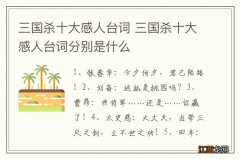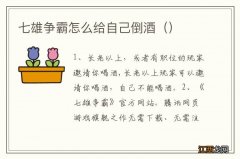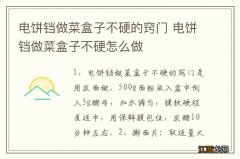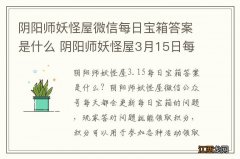反义疑问句的用法详情:
【反义疑问句的用法 反义疑问句的用法归纳及回答】1、陈述部分Iam时,疑问部分要用aren'tI 。
例:I'm as tall as your sister,aren't I?(我和你姐姐一样高,对吗?) 。
2、陈述部分用 no, nothing, nobody, never, few, little, seldom, rarely,hardly等否定含义的词时,疑问部分用肯定含义 。
例1:The old man made no answer, did he?(老人没有回答,是吗?) 。
例2:Jim is never late for school, is he?(Jim上学从不迟到,是吗?
3、陈述部分有would rather+v.,疑问部分多用 wouldn't +主语 。
例:He would rather read it ten times than recite it, wouldn't he?(他宁愿读十遍也不愿背,不是吗?)
4、陈述部分主语是指示代词或不定代词everything, that, nothing, this, 疑问部分主语用it 。
例:Everything is ready, isn't it? (一切都准备好了,不是吗?) 。
5、陈述部分是there be结构的,疑问部分用there 。
例:There is something wrong with your watch, isn't there?(你的手表有问题,是吗?) 。
相关经验推荐
- 寻梦旅行 悬疑甜宠网剧《寻梦旅社》开机
- 都市悬疑剧《我叫赵吴狄》正式开机!
- 大大落落的读音 大大落落的读音 反义词
- 2023福州仓山区小学一年级入学预报名疑问解答
- 阳春白雪的反义词 阳春白雪反义词是什么动物
- 长沙市2021年小升初微机派位结果 2023长沙城区小升初微机派位疑问解答
- 2023北京海淀区幼儿园/社区办园点信息采集问题答疑汇总
- 广东高温补贴发放标准2020文件 2023广东高温补贴发放常见答疑汇总
- 天津东丽区2023年初中招生入学常见疑问解答
- 不离不弃的近义词 不离不弃的近义词和反义词















